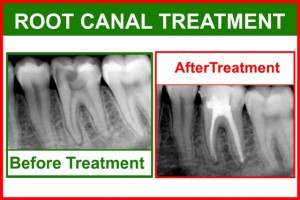We were told to brush our teeth twice daily since we were young, but do you ever wonder why? Clean teeth are not only important for our daily social life, it is also important for maintaining our general health. As we get older, our teeth also play an important part in our appearance. Whenever we smile or laugh, our pearly whites are the first thing that are seen by our companions. If we have dirty, yellow stained teeth, they are going to give other people an impression that we do not take care of our hygiene properly. In fact, many famous Hollywood stars and actors even went to the lengths of bleaching their teeth into an extreme shade of white, just to have a more perfect smile. Without teeth, our bone surrounding the teeth will also get resorbed faster. Often, toothless people will have a shortened lower facial height, resulting in a ‘collapsed’ look. When our bones are resorbed, our lips will also lose their support, which will also cause an unaesthetic appearance. Continue reading
Tag Archives: flossing
How to Prevent and Avoid a Root Canal Treatment
Root canal treatment is a dental procedure commonly used to treat infected or necrotic teeth. It offers an alternative to having the troubled tooth extracted, provided that the root canal system is accessible with reasonable negotiation as close as practicable to the end of the root. The tooth also needs to have an adequate amount of remaining tooth structure and good surrounding bone support.
Why do teeth need root canal treatment?
Teeth requires root canal when the pulp of the tooth has been pathologically involved through decay or periodontal infection such that the pulp is progressively dying or already dead. The pulp in this context refers to the nerve and blood vessel supply of the teeth, which provides sensation and nutrients to the teeth. When bacteria invades the root canal system, it slowly colonize the area to eventually infiltrate the whole canal and causing death of the pulp. Bacteria can still grow on dead pulpal tissue, allowing precipitation of more toxins and causing an infection, which can spread outside to the underlying jawbone and supporting tissues. Despite the nerve being dead, the surrounding tissues still possess neural innervation and this contribute to the pain perception when infection associated with a necrotic nerve is involved. Continue reading

